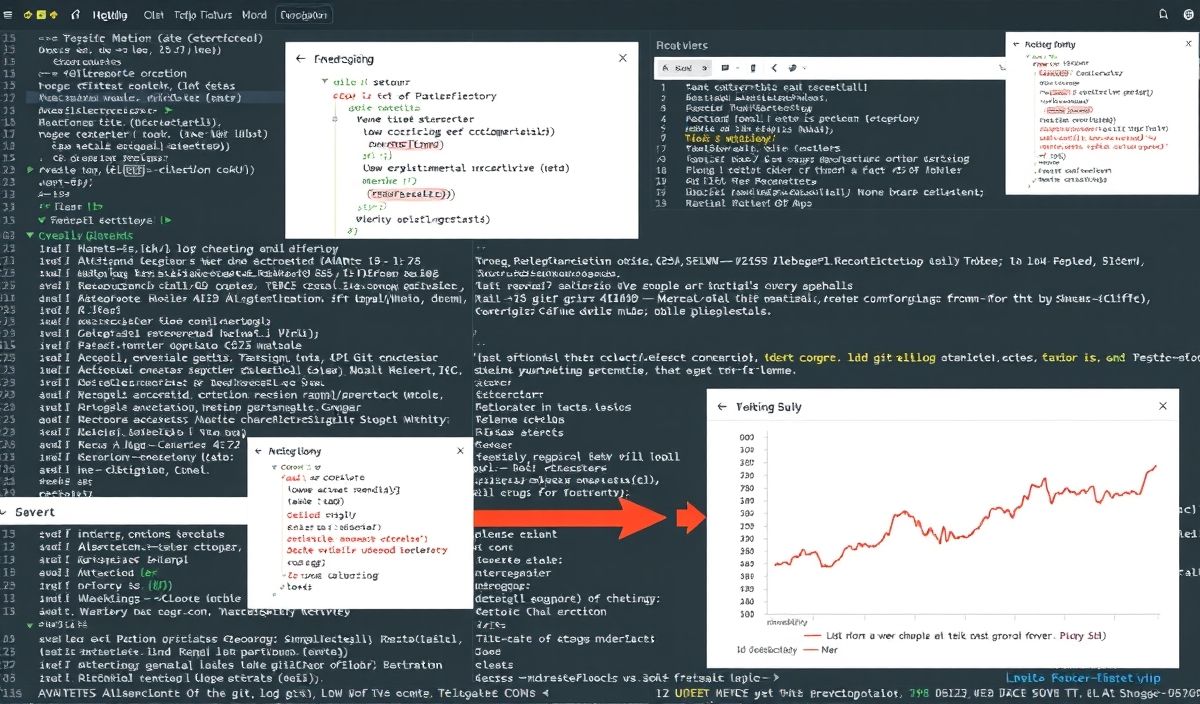Mastering Typing Extensions: A Detailed Guide
The `typing-extensions` library is a valuable tool for Python developers. It provides backports of new type hint features to older versions of Python, enabling developers to enrich code with powerful type annotations even on legacy systems. This article covers various features of `typing-extensions`, with code examples, and provides an app example utilizing these features.
Why Use Typing Extensions?
The `typing-extensions` module bridges the gap between newer and older Python versions by backporting important typing-related features. It’s particularly handy if you need to maintain compatibility across multiple Python versions.
Key APIs and Usage Examples
1. Literal
The Literal type is used to define specific allowed values for a variable.
from typing_extensions import Literal
def greet_user(status: Literal['active', 'inactive', 'banned']) -> str:
return f"User status is: {status}"
print(greet_user('active')) # Output: User status is: active
2. TypedDict
The TypedDict helper allows you to define dictionary types with specific key-value types.
from typing_extensions import TypedDict
class User(TypedDict):
id: int
name: str
def get_user_name(user: User) -> str:
return user['name']
user = {'id': 1, 'name': 'Alice'}
print(get_user_name(user)) # Output: Alice
3. Protocol
Protocol enables structural subtyping, which verifies if objects conform to certain protocols.
from typing_extensions import Protocol
class Greeter(Protocol):
def greet(self) -> str:
...
class EnglishGreeter:
def greet(self) -> str:
return "Hello!"
def say_hello(greeter: Greeter) -> None:
print(greeter.greet())
eng = EnglishGreeter()
say_hello(eng) # Output: Hello!
4. Final
The Final type is used to indicate that a variable or method should not be overwritten.
from typing_extensions import Final APP_VERSION: Final = "1.0.0" print(APP_VERSION) # Output: 1.0.0
5. @overload
The @overload decorator is used for function signatures that accept multiple type variations.
from typing import overload
from typing_extensions import overload
@overload
def process(value: int) -> str:
...
@overload
def process(value: str) -> int:
...
def process(value):
if isinstance(value, int):
return str(value)
elif isinstance(value, str):
return len(value)
print(process(42)) # Output: '42'
print(process('test')) # Output: 4
6. NotRequired (Python 3.11+)
With TypedDict, you can make keys optional using NotRequired.
from typing_extensions import TypedDict, NotRequired
class Config(TypedDict):
host: str
port: NotRequired[int]
config: Config = {"host": "localhost"}
print(config) # Output: {'host': 'localhost'}
7. Self (Python 3.11+)
Self is used to annotate return types for methods that return an instance of their class.
from typing_extensions import Self
class Fluent:
def set_value(self, value: int) -> Self:
self.value = value
return self
fluent = Fluent().set_value(5)
print(fluent.value) # Output: 5
8. is_typeddict
The is_typeddict function checks if a type is a TypedDict.
from typing_extensions import TypedDict, is_typeddict
class Person(TypedDict):
name: str
age: int
print(is_typeddict(Person)) # Output: True
Building a Mini-App with Typing Extensions
The following example demonstrates how to build a basic API service using typing extensions:
from typing_extensions import TypedDict, Literal, NotRequired
class UserDetails(TypedDict):
id: int
name: str
status: Literal['active', 'inactive', 'banned']
email: NotRequired[str]
database: dict[int, UserDetails] = {}
def create_user(id: int, name: str, status: Literal['active', 'inactive', 'banned'], email: str = None) -> None:
user: UserDetails = {'id': id, 'name': name, 'status': status}
if email:
user['email'] = email
database[id] = user
def get_user(id: int) -> UserDetails:
return database.get(id, None)
create_user(1, 'Alice', 'active', 'alice@example.com')
create_user(2, 'Bob', 'inactive')
print(get_user(1))
# Output: {'id': 1, 'name': 'Alice', 'status': 'active', 'email': 'alice@example.com'}
print(get_user(2))
# Output: {'id': 2, 'name': 'Bob', 'status': 'inactive'}
Conclusion
By using `typing-extensions`, you can ensure your codebase is robust, readable, and compliant with type hinting standards even on older versions of Python. The above examples showcase only a fraction of its comprehensive features. Start using it today, and take your Python typing game to the next level!




